Why Does Taco Bell Make You Poop 8 Actual Reason
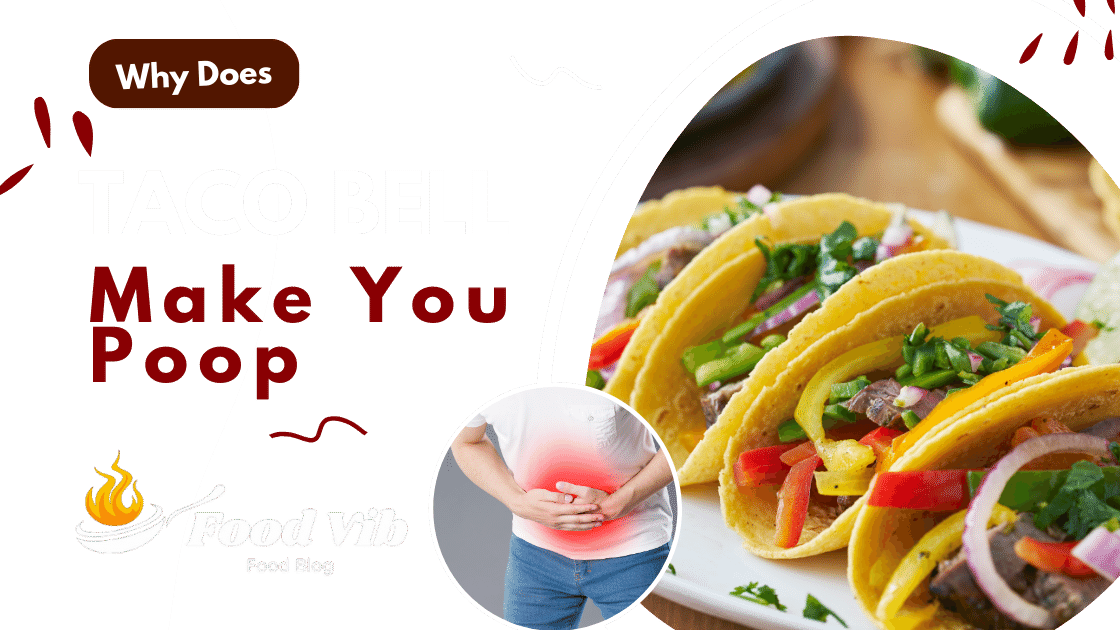
Many people have thought about the curious behavior of having a quick urge to go to the bathroom after eating food from Taco Bell. It’s a question that has confused us for years – why does Taco Bell make you poop?
Some ideas suggest that it could be the high amount of grease and spice in their food, while others think it may be due to the use of cheap ingredients. Whatever the reason may be, one thing is for sure: eating at Taco Bell often leads to a stop to the bathroom. So next time you’re wanting those delicious tacos, just remember to plan properly.
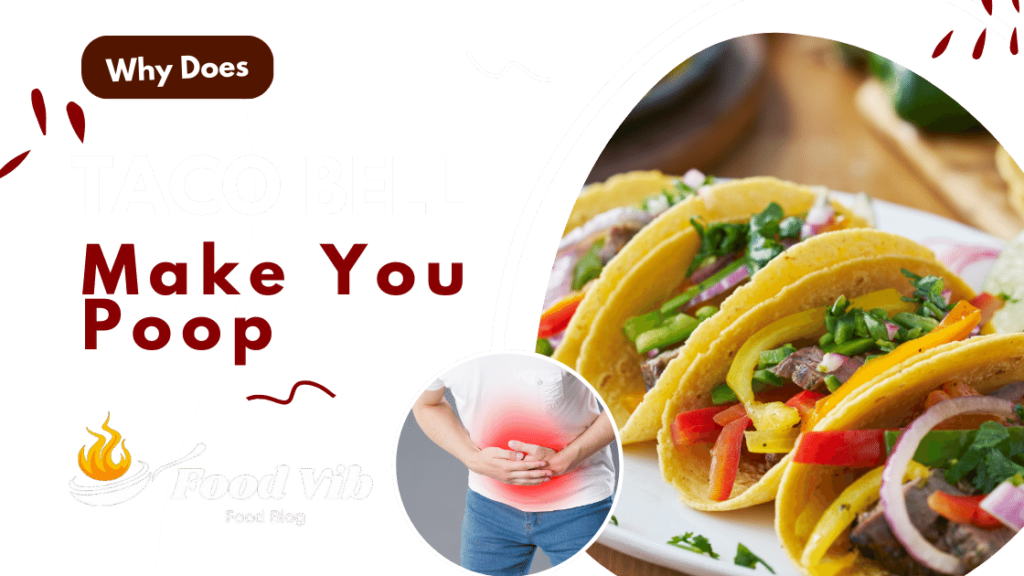
Why Does Taco Bell Make You Poop? We’ve All Been There
Most of us have been there—after a late night Taco Bell run, you suddenly get hit with the urge to poop. Whether it’s 30 minutes or a few hours later, your stomach starts rumbling and you make a run for the bathroom.
Taco Bell’s reputation for causing stomach issues is so common that there are entire websites and jokes dedicated to “Taco Bell shits.” We’ve all asked the question at some point—what is it about Taco Bell in particular that makes you poop? Is it just the sheer amount of food crammed into those burritos and tacos? Or is there something more to Taco Bell’s laxative powers? In this piece, we’ll study the main ideas behind why Taco Bell sends you running for the toilet.
1. High Fat Content
Taco Bell’s food choices are often high in fat. Their ground beef, nacho cheese, sour cream, and other products contain large amounts of saturated fat and trans fat. The high fat level serves to make the food more tasty, but it can also speed up digestion.
When you eat high amounts of fat, especially fatty fats, the body secretes more bile and stomach enzymes to help break the fat down. The extra bile works as a lube that speeds food passing through your bowels. This is why eating a high fat meal like one from Taco Bell can trigger bowel movements and cause diarrhea soon after eating. The high fat feeds the gut bacteria as well, causing gas and bloating that also triggers the urge to poop.
So while the high fat ingredients like seasoned beef, queso, and creamy sauces make Taco Bell taste good, they are also a big reason why you might soon be running for the bathroom after your meal. The high fat level simply speeds everything up!
Must Read: Exploring the Benefits of Eating More Fish Food on Tem
2. Spices and Seasonings
Taco Bell uses a range of sauces and flavors in their food that can boost digestion. Two of the main spices they use are cumin and chili powder.
Cumin is a popular spice used in Mexican cooking that has well-known stomach benefits. The oils in cumin can help jump start digestion by promoting the release of bile from the liver and digestive enzymes from the pancreas. This helps break down food more quickly.
Chili powder includes capsaicin, which is the main component in chili peppers that gives them their spicy heat. Capsaicin increases stomach acid production and gut movement, which speeds up the passage of food through your digestive system. The spicy heat from chili powder can essentially wake up your gut system and get things going more quickly.
So the powerful spices and flavors used freely at Taco Bell, especially cumin and chili powder, rev up your digestive system and promote movement. This is one reason why you may feel the need to make a mad dash to the bathroom after eating their food. The spices get your gut into high gear.
3. High Sodium
Sodium is an important element and chemical that helps control fluid flow in the body. However, the high amounts of salt found in many Taco Bell menu items can have a laxative effect for some people.
Fast food chains like Taco Bell use sodium and salt freely in their recipes to boost taste. A single crunchy taco can contain up to 36% of the recommended daily salt intake. While normal sodium amounts are safe for most people, eating too much sodium leads to water buildup in the body.
Sodium draws and pulls water into the bowels, making softer and more fluid stools that are easier to pass. The high salt content of Taco Bell therefore causes greater water absorption in the stomach system for many people. This leads to softer stool quality and more frequent bowel movements after eating their food.
Individual responses to salt vary however. Some people are more sensitive than others when it comes to sodium’s effects on stool formation and bowel habits. Those with high blood pressure or kidney problems may be most affected by Taco Bell’s high salt level. Overall though, the abundant salt levels make stomach pain and softer stools a familiar problem among Taco Bell customers.
4. Sugar Alcohols
Many of the sauces and drinks at Taco Bell contain sugar alcohols like sorbitol and mannitol. While sugar alcohols are lower in calories than regular sugar, they can have a laxative effect for some people.
Sorbitol and mannitol are not well taken in the small intestine, so they pull water into the large intestine by osmosis. This increases movement in the stomach and can lead to loose, watery stools or diarrhea. The FDA requires labels to say that increased intake of sorbitol and mannitol may have a laxative effect.
Even small to average amounts found in bad food and diet drinks may be enough to cause problems for sensitive people. Those with irritable bowel syndrome (IBS) seem to be most prone to the laxative effects of sugar alcohols.
So for some Taco Bell customers, the sugar alcohols provide a double punch of being low in fiber while causing diarrhea. This disturbing effect on the digestive system helps explain why Taco Bell may send people running to the toilet soon after eating.
Must Read: The Secret to Perfectly Cooked Chicken Sausage
5. Lack of Fiber
Foods that are high in fiber, like fruits, veggies, and whole grains, help add bulk to stool and absorb water in the bowels. This helps promote normal bowel movements. Fast food items like those from Taco Bell often contain very little nutritional fiber. A normal Taco Bell meal may only have 5-10 grams of fiber, while health experts suggest 25-30 grams per day for good gut health.
Without adequate fiber, stools can become soft, watery, and difficult to pass, leading to diarrhea. The lack of bulk from fiber causes wastes to move through the gut more quickly. So quickly after eating a fast food meal high in fat but low in fiber, the desire to have a bowel movement often hits. Getting enough fiber from sources like veggies, beans, nuts, and whole grains is key for good digestion. But fast food meals rarely provide sufficient healthy fiber.
6. Caffeine
Many Taco Bell menu items contain caffeine from fountain drinks like Mountain Dew, Pepsi, and their cold beverage choices. Caffeine is a stimulant that can increase bowel movements.
Caffeine increases intestine muscle spasms and may cause a laxative effect for some people. The caffeine causes greater peristalsis, which are wave-like muscle movements in the bowels. These movements move food through the stomach system more fast.
Research suggests that drinking the amount of caffeine in 2-3 cups of coffee can trigger the desire to pee in some individuals. The caffeine action usually comes within 4 hours of drinking. People who do not regularly take caffeine are more open to its laxative effect.
Beverages like Mountain Dew and coffee taken with a Taco Bell meal provide a considerable caffeine jolt. This stimulant effect helps explain why Taco Bell may trigger bowel movements, especially for people who do not usually drink caffeine liquids. The caffeine causes greater movement in the large gut, resulting in more frequent bathroom trips soon after eating at Taco Bell.
7. Dairy
Dairy goods like cheese and sour cream are regular ingredients at Taco Bell. While wonderful, cheese is one of the biggest causes for causing bathroom issues after eating Taco Bell. This is because many people are lactose intolerant, meaning they lack the enzyme needed to properly handle dairy.
When a lactose allergic person eats dairy, it goes unchanged into the gut. There, the lactose draws water into the intestines via osmosis and works as food for your gut bacteria. As the bacteria process the lactose, they make gas, bloating, and diarrhea. This causes many lactose allergic individuals to make a mad dash to the bathroom after eating dairy-heavy foods like Taco Bell.
So if you’re lactose intolerant, all that cheese, sour cream, and thick sauces at Taco Bell can overload your digestive system. The dairy causes diarrhea, stomach pain, and other gut discomfort that sends you running to relieve yourself quickly after eating. Avoiding dairy or taking a lactase enzyme tablet can help reduce these bathroom problems.
8. Individual Sensitivities
Some of us have more sensitive gut systems than others. What one person’s stomach finds totally fine may cause gastrointestinal trouble in someone else.
The products and spices used at Taco Bell may contain chemicals that certain people don’t handle well. Some people are allergic to onions, garlic, chili peppers, and other spices that are frequently used in Mexican-style foods. The oils used for frying at Taco Bell may also upset some people’s stomachs.
Dairy products like cheese and sour cream are used heavily on many Taco Bell menu items. Those who are lactose intolerant or have an allergy/intolerance to milk proteins could experience diarrhea and other stomach problems after eating dairy-heavy Taco Bell foods.
Those with irritable bowel syndrome (IBS) or inflammatory bowel disease (IBD) like Crohn’s disease and ulcerative colitis may find that Taco Bell exacerbates their condition. The high fat and salt level, in particular, can overstimulate the gut for those with IBS or IBD.
Some people also have allergies to common food chemicals used at fast food places, like MSG, sulfites, and fake colors/flavors. Reactions vary, but stomach cramps, sickness, and loose stools are possible side effects.
In the end, everyone has a unique gut makeup. While most can partake in Taco Bell rarely without problems, some may be better off avoiding it if their body sees certain ingredients as offenders.
Must Read: The Quickest Way to Cook Frozen Chicken in the Crock Pot Learn Now
Conclusion
In summary, there are several possible reasons why Taco Bell may cause stomach problems or diarrhea in some people. The high-fat and high-sodium content of many Taco Bell menu items could cause problems with digestion and absorption for those allergic to these ingredients. The extra spices, herbs and hot sauces may also upset the intestinal system.
Some food items contain sugar alcohols as sweets, which are known to have a laxative effect in bigger amounts. The mix of low fiber and high sugar ingredients like tortillas, refried beans, and cheese may increase gas output and lead to diarrhea. Finally, some people may just have allergies to specific ingredients like cheese, coffee or soy.
The lesson is that fast food like Taco Bell is often highly processed and includes chemicals that can upset digestion, especially for those with allergies. Moderation is key, and be aware of which food items seem to affect you most. Focusing on more fresh, whole foods can help improve gut health. But the odd treat at Taco Bell is OK for most healthy people.
FAQS ( Frequently Asked Questions )
Is it unhealthy to eat Taco Bell everyday?
Consuming Taco Bell or any fast food everyday is usually not advised due to the high amounts of fat, salt, and lack of nutritional variety, which can add to health problems over time.
How healthy is Taco Bell?
Taco Bell gives a range of food items, but many are high in calories, salt, and fat. While some choices may be better, regular intake may add to an unhealthy diet.
Can Taco Bell give you food poisoning?
Like any place, Taco Bell can pose a risk of foodborne illnesses if proper food safety steps are not followed. However, cases of food poisoning are relatively rare and can occur at any food place.
why does taco bell make your stomach hurt
Taco Bell's ingredients, including sauces and high-fat content, may lead to gut pain and digestive problems, especially for individuals with allergies to certain foods.
why does taco bell have a cancer warning
California law requires businesses to include a Prop 65 statement for goods that may contain chemicals linked to cancer. The presence of acrylamide, a chemical made during cooking, led to the addition of this warning in some Taco Bell items. It's important to remember that the risk is low and changes based on things like portion size and individual health.

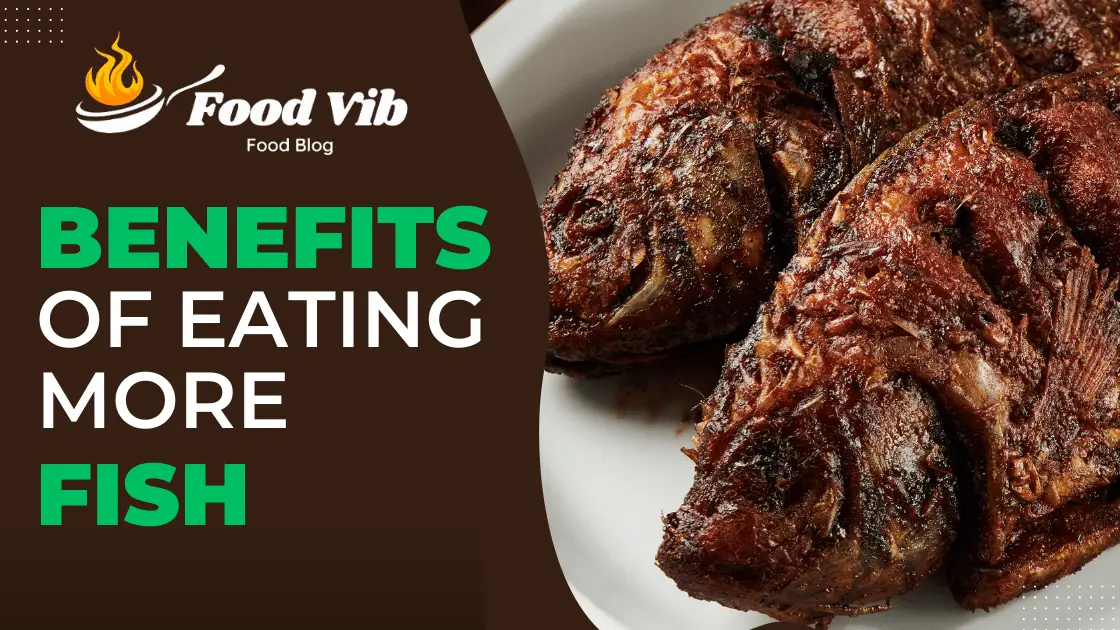
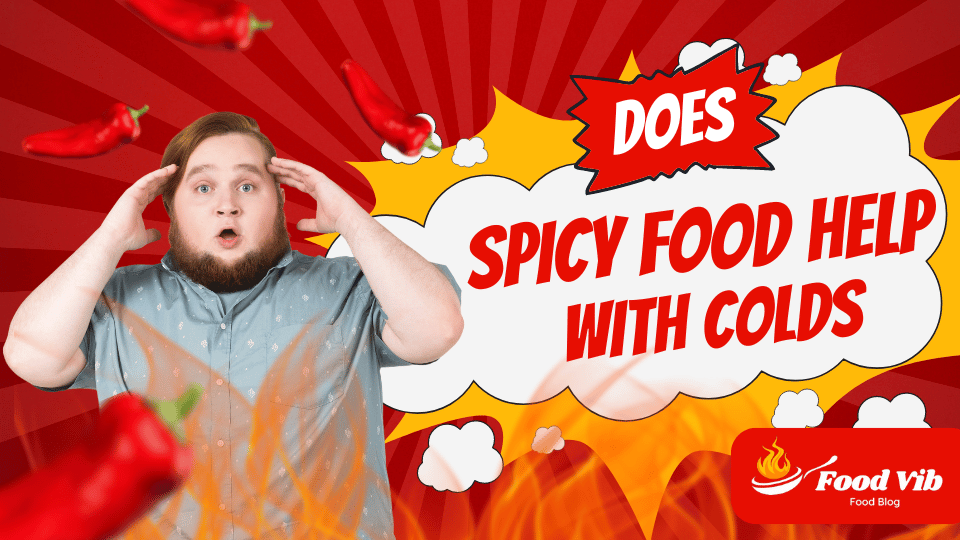

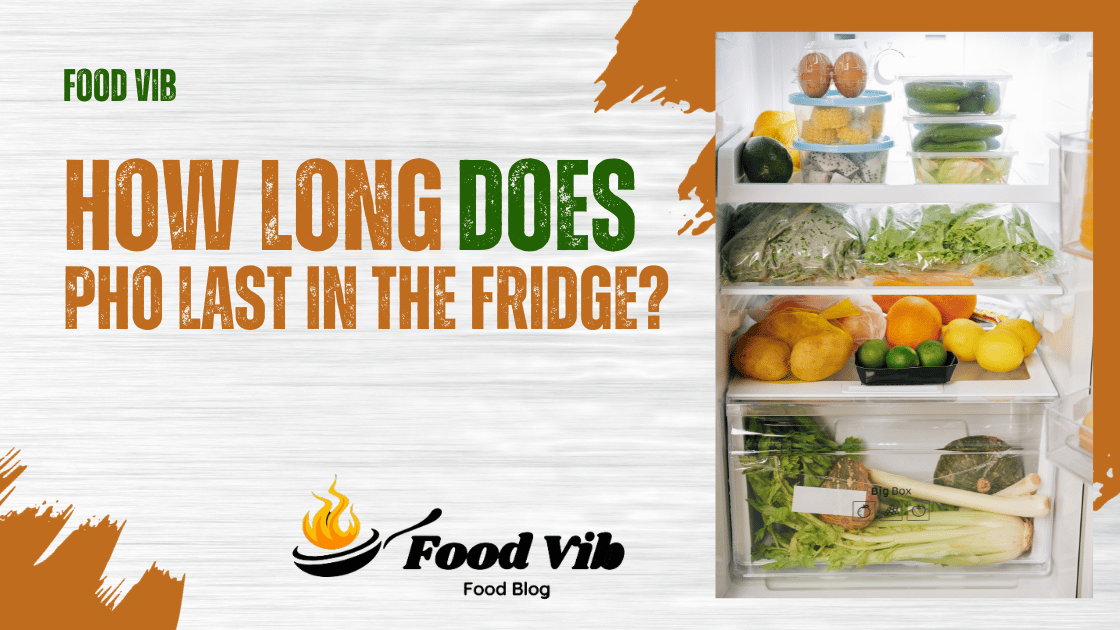

good